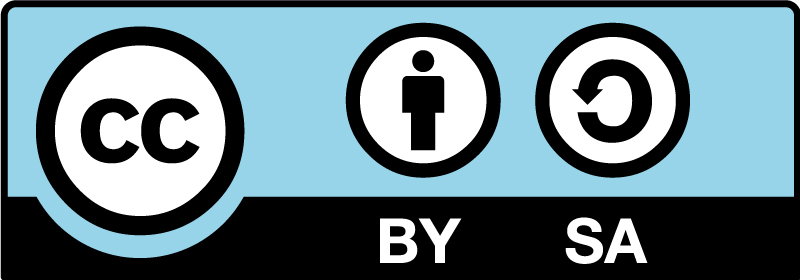Copying
Under the Fair Dealing Requirements, you may make a copy of a Short Excerpt (up to 10%) of a copyright-protected audiovisual work and distribute the Short Excerpt for research, education, private study, criticism and/or review, among other purposes. You may also copy or distribute a Short Excerpt (up to 10%) of a musical work that is in the form of sheet music, or an entire musical work if it appears in a book containing other musical works. These materials may be distributed via a classroom presentation or in an LMS, or by emailing the excerpt to students.
There are, however, specific requirements that need to be met. For more information please see the following sections of Fair Dealing in Practice: Audiovisual Materials and Musical Works and Sound Recordings.
Performing
Performance to students, at UBC premises, for educational or training purposes
The Fair Dealing Requirements do not apply to the public performance of an audiovisual work. However, there are exceptions that allow UBC faculty and staff to perform an audiovisual work, musical work or sound recording for an audience consisting primarily of students, instructors or any person who is directly responsible for setting curriculum at UBC for educational or training purposes as long as the work is not an infringing copy.
For more information, please see the following sections of Fair Dealing in Practice: Audiovisual Materials and Musical Works and Sound Recordings as well as DVD Restrictions.
Digital Licenses
UBC has entered into various licenses that provide faculty and staff access to electronic versions of audiovisual works, musical works and sound recordings. Some license agreements limit how these electronic versions may be copied, distributed or performed by faculty and staff. You can find more information about UBC’s electronic resource licenses at our License Information page.
Technology Protection Measures, aka TPM, and Digital Locks
The Copyright Act refers to “technology protection measures,” which are commonly known as TPMs or digital locks. The term describes any technology, device or component that does one of two things: controls or restricts the access to a work (for example, password protection) or restricts you from doing something with the work (for example, copying the work or downloading a copy). The Copyright Act makes it an offense to circumvent the first of these types of digital locks (the access restriction). The Copyright Requirements for UBC Faculty and Staff state that faculty and staff should not circumvent digital locks to obtain access to a copyright-protected audiovisual work, unless authorized by the copyright owner (for example, you have legitimately obtained the password). For more information on digital locks see the Copyright Guidelines for UBC Faculty, Staff and Students.
